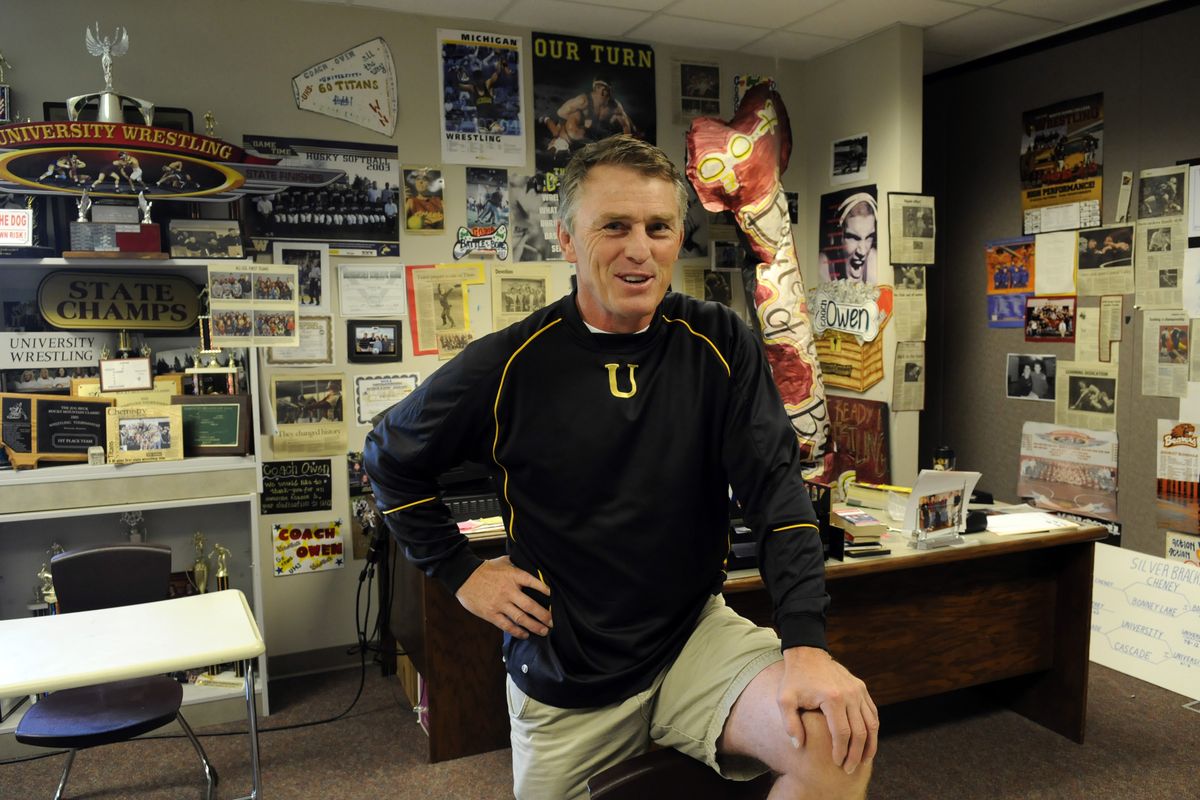Servant leaders don’t have to have spotlight

Folks are all aflutter down in Dallas following Sunday’s NFL playoff win over Detroit – if you’ve ever visited the city, you know that’s pretty much a constant state when it comes to its football team.
There’s analysis and counter-analysis over a pass interference call and there are chuckles to be had over the way the owner’s box reacted to the win. There is a continuation of the discussion over whether or not Tony Romo is a big game quarterback – a Super Bowl quarterback.
That’s old hat.
What’s prompted a fascinating discussion in Big D is a comment by a player not best known for having dated Jessica Simpson.
An interviewer asked defensive end Jason Hatcher who the Cowboys’ leaders were. He couldn’t think of one leader on the current team.
Predictably, the call went out to find those “missing” leaders, the rah-rah guys who gave speeches, screamed and yelled and pounded their chest.
That’s missing the point in a massive way.
A Dallas radio station got in touch with a player universally recognized as being a leader in the Cowboys’ locker room: three-time Super Bowl safety Darren Woodson, who said he was shocked to hear that comment.
If the show’s hosts expected to hear Woodson bemoan the absence of a rah-rah, chest pounding speechmaker, they were disappointed. But he did not bemoan the absence of that “holler guy” leader. He told them he wasn’t needed.
“The rah-rah speech is not going to win games for you,” Woodson is quoted saying. “And I don’t care who’s giving it to you – you can bring Knute Rockne back. No one is going to motivate you between the lines. It’s about preparation the week of, and it’s about the top guys in that locker room and your role players understanding their role on that football team.”
There’s no lack of leadership in the Dallas locker room. A team doesn’t reach the post season without having a healthy dose of quality leaders.
What’s going on in Dallas has been going on in locker rooms across the country: an evolution in what it means to be a leader.
If you follow high school wrestling, you are familiar with the approach, or at least the results such an approach garners. University wrestling coach Don Owen is a leading advocate for it and has even taught classes in it at national conferences.
It’s called servant leadership.
The old-school leader was that “holler guy.” By definition, leaders were out in front, and the goal was always singular: winning. It’s the military model of leadership: out in front, cheerleading at times and getting in your face the next. It’s cookie-cutter leadership. You design a model of what your leader should be and look for players who fit it – someone to help your team march to victory.
The new school of leadership focuses on the athlete, not simply winning. Instead of fitting a player into a mold, this approach grows the athlete, teaching him or her be successful. It’s an organic process that grows leaders and success at the same time.
In this scenario, being a team leader isn’t an honorific. It’s a call to service – to the program, to your teammates, to your goals. It’s not about giving speeches; it’s about setting an example through hard work and dedication.
A good leader doesn’t have to work in the spotlight. For some, the spotlight is the last place they want to be.
That explains why Hatcher couldn’t name a single player who fit the old, rah-rah model of what a leader on a football team looks like.
Good leaders have a toolbox full of interpersonal skills. They listen to their teammates. They help see to their emotional and spiritual health. They have an ability to keep their attention in the present while maintaining a laser focus on future goals.
Most importantly, they understand that they are stewards for their teammates, serving both their teammates and the greater good of the team.
John Calipari, coach of defending NCAA men’s basketball national champion Kentucky, is a leading proponent of this style of leadership. Seahawks coach Pete Carroll is a perfect example of this approach: He famously finds athletes with the tools he wants and helps grow them into successful players – players like Russell Wilson and Doug Baldwin and Richard Sherman and …
Good leaders are always in demand, and good leadership skills are perhaps the most important thing an athlete learns.